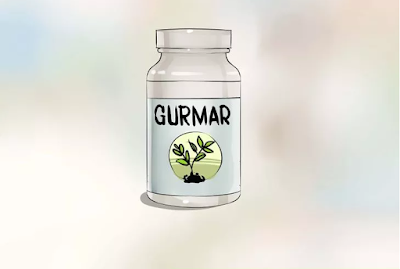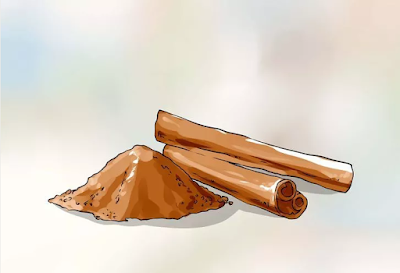1 Ask your doctor before adding herbs. Many herbs have not been tested for
safety during pregnancy, so if you are pregnant or dealing with gestational
diabetes, make certain you speak to your physician before adding any herbs or
supplements. Also, even though these herbs and supplements are natural, they
CAN interact with various medications.
·
You can also ask your
pharmacist about drug-herb/supplement interactions.
2 Buy quality herbs and supplements. Make sure you buy national brands of
herbs and supplements and that the companies follow Good Manufacturing
Practices (GMP). For herbs, make certain that the suppliers use pesticide and
herbicide free organically and sustainably grown herbs.
3 Try bitter melon. Bitter melon (Momordica charantia) is
often recommended for diabetes control. However, bitter melon has been
associated with miscarriages and induced abortions in animals, so it should be
avoided if you are pregnant or want to get pregnant. Bitter melon has been
shown to improve blood glucose levels, increase the secretion of insulin and
decrease insulin resistance.
4 Consider Gurmar. Gurmar, also known as Gymnema sylvestre
has been used for centuries in Ayurvedic medicine and has been shown to improve
the control of blood sugar. Gymnema is generally taken in doses of 200 mg
twice a day. Gymnema appears to be safe in pregnancy, but speak to your
physician before using.
5 Look into prickly-pear cactus. Prickly-pear cactus or nopal has been
shown to improve blood sugar control. Prickly-pear cactus has not been tested
in pregnancy, but has been used for centuries as food, suggesting but not
proving that it is safe.
6 Add cinnamon. Cinnamon has been used to help control
blood sugar levels and is considered safe for pregnant women in the amounts
used in foods. This corresponds to approximately 1 gm (1000 mg) every day. 500
mg of cinnamon taken twice a day has been shown to improve A1c levels (and the
levels of blood fats). A1c is used to determine average glucose levels for the
previous 3 months. Lowered A1c levels reflect improved diabetic control.
7 Take vanadium and chromium. Vanadium and chromium are trace minerals
and have been shown to be essential for control of blood sugar levels in
diabetes. They may also function as antioxidants. Keep in mind that these
minerals are only needed in small amounts.
·
Vanadium should be
taken as vanadyl sulfate at 50-100 mcg per day.
·
Chromium should be
taken as chromium picolinate at a dose of 400mcg per day.







Không có nhận xét nào:
Đăng nhận xét